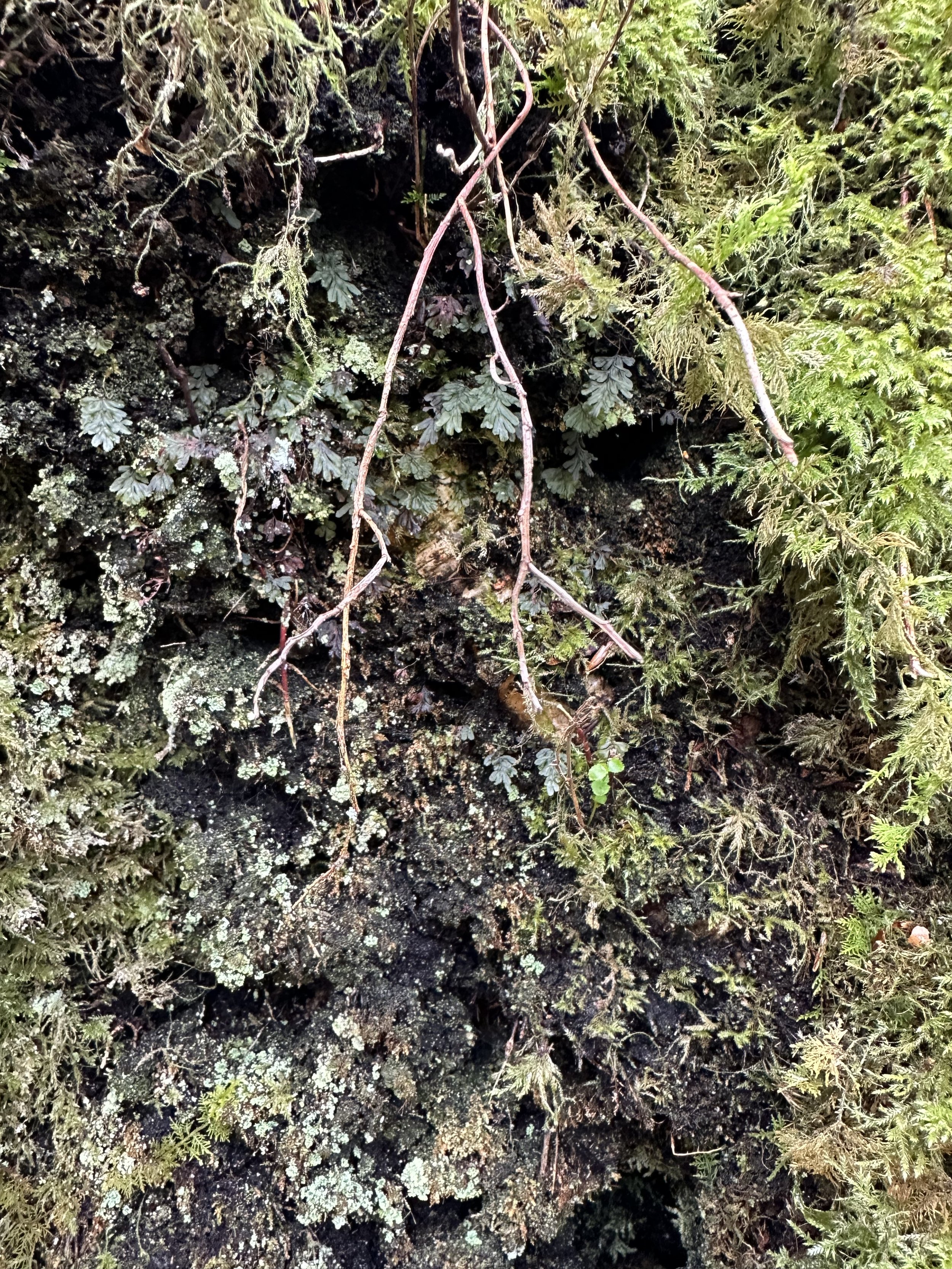
Reishi Mushroom Extract
Protects against damage from stress
Relieves symptoms of anxiety and depression
Improves cognitive function
Improves energy
Activates immune function
Treats allergies and autoimmune conditions
Anti-inflammatory
Antioxidant
Anti-viral
Regulates blood sugar, blood pressure and cholesterol levels
Benefits the cardiovascular system
Benefits the respiratory system
Liver protector
Relieves pain
-
(Hot Water / Ethanol Extract) Amount per Serving
Beta-glucan At least 20%
Polyphenols At least 1.2%
Triterpenes At least 6 %
-
1 serving of 1000mg (approx. ½ tsp) loose powder daily
Or 2 capsules daily
Or as advised by your health practitioner -
Speak to your doctor if you are pregnant or breast feeding or if you take any prescribed medication before consuming this product.
Ingredients + Cultivation and extraction methods
For cultivated reishi mushrooms to have a chemical profile that can live up to the reputation of mushroom of immortality earned through centuries of traditional use in China, they need to be cultivated in conditions that mimic how they grow in the wild. Fungi and plants assume different chemotypes, i.e. concentrations of constituents, depending on the conditions they grow in. In reishi’s case it is absolutely essential that it is grown on logs of its preferred hardwood species in the wild - that is what duan wood means, original wood.
Medicinal mushrooms must go through an extraction process to optimise their bioavailability, making them more absorbable by the human body. Reishi contains water soluble beta-glucans as well as alcohol soluble triterpenes. Therefore both our mycelia and fruiting bodies are dual extracted in ethanol and temperature controlled pressurised hot water separately. Our reishi is also put through a multi-step process using alcohol precipitation to further purify and concentrate the final product, which is then vacuum dried into a powder.
The resulting powder is many times more concentrated than liquid extracts and many times more bioavailable than non-extracted mushroom powders.
This product contains no fillers, no binders and no additives. It is naturally vegan, free of grain, gluten and soy.
We use vegan pullulan capsule shells derived from tapioca starch.
Current Research
Reishi is the quintessential medicinal mushroom. It has been revered by Asian healing traditions for millennia as the mushroom of immortality and of spiritual potency. It was used by Taoist priests to attain higher states of consciousness. When we learn the wide scope of reishi’s effects in restoring balance to body, mind and emotions and promoting vitality and resilience, we begin to understand how it earned such a reputation.
ADAPTOGEN
The main cause of premature ageing are the harmful effects of stress. Reishi is an important adaptogen that allows the body to respond to stressors more efficiently, without overreacting, and return to a state of equilibrium more swiftly, by supporting the adrenal glands and wider endocrine system, brain and nervous system.
ANTI-INFLAMMATORY & IMMUNE MODULATOR
Reishi is a biological response modifier, which means that its complex combination of polyphenols, over 100 fungal polysaccharides and over 140 triterpenes have the power to intelligently respond to individual needs, activating immune cells in an underactive immune system and soothing an overactive one, as in the case of allergies, autoimmune conditions and chronic inflammation.
Chronic inflammation, associated with chronic stress, has been implicated in the development of serious illnesses and cancer. Reishi is an effective agent in modulating inflammatory response. Inflammatory processes also induce oxidative stress, associated with premature ageing and cognitive decline, and reishi is a powerful antioxidant.
NERVE HEALTH & COGNITION
Reishi is neuroprotective, meaning it preserves neuronal integrity and prevents cognitive decline.
In scientific studies, reishi prevented the death of brain cells, promoted the growth of new ones and restored healthy function to impaired ones, thus alleviating cognitive deficit in neurodegenerative diseases.
Reishi fruiting bodies and spores contain triterpenes such as ganoderic and lucidenic acids that have demonstrated a similar capacity to lion’s mane in preventing the development and ameliorating the symptoms of degenerative diseases such as Alzheimer’s.
ANTI-DEPRESSANT
Reishi shows anti-depressant effects through multiple mechanisms benefiting brain health.
Reishi’s triterpenes showed a significant reduction in inflammation in the hippocampus, which besides having a major role in learning and memory is part of the limbic system, involved in processing emotions and the flight or fight response. It was remarkably effective in a recent study in correcting neurotransmitter imbalances that promote fear and stress and impact on mood, sleep and parasympathetic regeneration.
https://www.ncbi.nlm.nih.gov/pmc/articles/PMC7265456/ aqueous extract neuroprotection hypobaric hypoxia
https://www.ncbi.nlm.nih.gov/pmc/articles/PMC5233449/ Alzheimer’s – neurogenesis
https://www.hindawi.com/journals/omcl/2020/9894037/ Alzheimer’s – preventing neuronal apoptosis
https://pubs.rsc.org/en/content/articlelanding/2021/fo/d1fo00355k improve cognitive impairment and brain inflammation
https://pubmed.ncbi.nlm.nih.gov/33705858/ depression
https://pubmed.ncbi.nlm.nih.gov/28008811/ anxiety
https://www.aaspjournal.org/uploads/155/5940_pdf.pdf chronic fatigue
https://www.liebertpub.com/doi/abs/10.1089/jmf.2005.8.53 neurasthenia
https://www.ncbi.nlm.nih.gov/pmc/articles/PMC7712001/ fibromyalgia
https://pubmed.ncbi.nlm.nih.gov/34716786/ anti-depressive – spores
https://www.mdpi.com/2072-6643/14/11/2268 depression and anxiety, by brain inflammation
https://pubmed.ncbi.nlm.nih.gov/2098581/ heart
https://pubmed.ncbi.nlm.nih.gov/31777019/ heart
https://www.sciencedirect.com/science/article/pii/S0019483217304078 heart
https://www.dl.begellhouse.com/journals/708ae68d64b17c52,0738f8d34e863c74,1629a45749954343.html diabetes
https://www.tandfonline.com/doi/pdf/10.1080/13880209.2017.1288750 liver
https://www.dl.begellhouse.com/journals/708ae68d64b17c52,7a31e55f2119a143,5ef63ff16706aa3d.html advanced cancer

